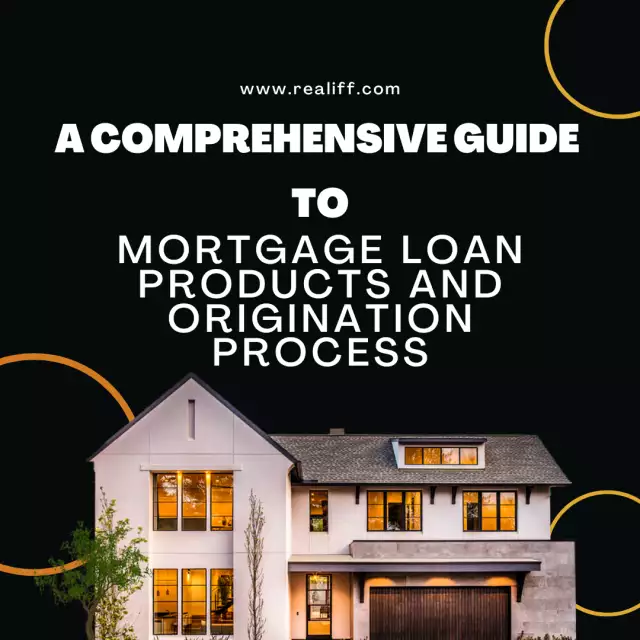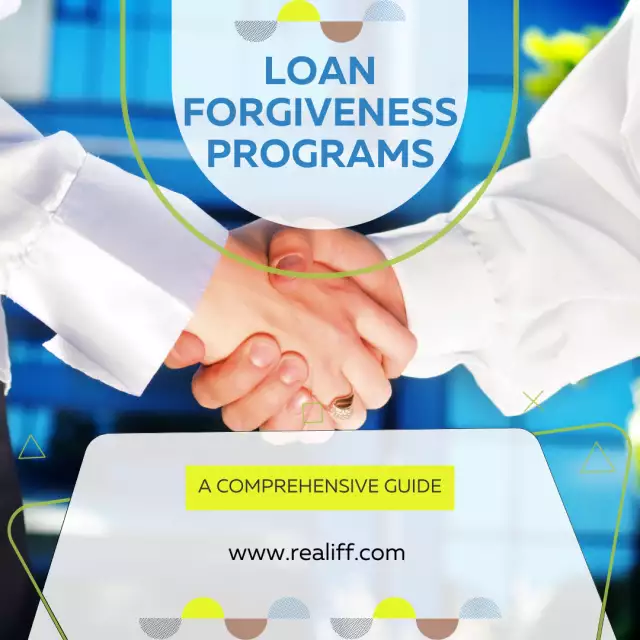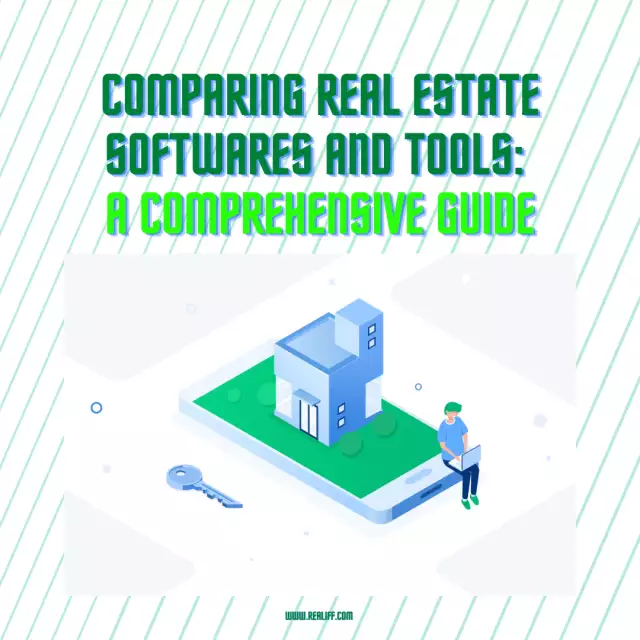A Comprehensive Guide to Mortgage Loan Products and Origination Process
A Comprehensive Guide to Mortgage Loan Products and Origination Process
Mortgage loansare essential for people looking to buy a home. Different types of mortgage loan products are available, each with its own set of advantages and disadvantages. The loan origination process is a detailed process that involves several steps. In this article, we will provide an overview of the various mortgage loan products available to borrowers, including fixed-rate, adjustable-rate, FHA, VA, and USDA loans.We will also discuss the loan origination process, including pre-approval, processing, underwriting, and closing.
Mortgage Loan Products
Fixed-Rate Mortgages (FRMs)
A fixed-rate mortgage is a type of mortgage loan where the interest rate remains fixed for the entire loan term. FRMs are the most popular mortgage loan product as they provide borrowers with a predictable payment amount, making it easier to budget. FRMs are available in different terms, with the most common being 30-year and 15-year terms. The longer the loan term, the lower the monthly payment, but the more interest you will pay over the life of the loan.
Adjustable-Rate Mortgages (ARMs)
An adjustable-rate mortgage is a type of mortgage loan where the interest rate fluctuates based on market conditions. The interest rate is fixed for an initial period, usually 3, 5, or 7 years, after which the interest rate adjusts annually based on an index. ARMs typically have a lower initial interest rate than FRMs, making them a good option for borrowers who plan to sell their homes within a few years. However, if interest rates rise, so will your mortgage payment.
FHA Loans
An FHA loan is a government-backed mortgage loan insured by the Federal Housing Administration. FHA loans are popular among first-time homebuyers as they require a lower down payment and have more flexible credit requirements than traditional mortgage loans. However, borrowers are required to pay mortgage insurance premiums for the life of the loan.
VA Loans
A VA loan is a mortgage loan backed by the Department of Veterans Affairs. VA loans are available to eligible veterans, active-duty service members, and surviving spouses. VA loans do not require a down payment and have more flexible credit requirements than traditional mortgage loans. However, borrowers are required to pay a funding fee, which varies based on the loan amount and other factors.
USDA Loans
A USDA loan is a mortgage loan backed by the U.S. Department of Agriculture. USDA loans are available to borrowers in rural areas and provide 100% financing, meaning no down payment is required. USDA loans also have more flexible credit requirements than traditional mortgage loans.
Loan Origination Process
The loan origination process is a detailed process that involves several steps, including pre-approval, processing, underwriting, and closing.
Pre-Approval
The pre-approval process is the first step in the loan origination process. During pre-approval, the borrower provides information about their income, assets, and credit history. The lender will use this information to determine the maximum loan amount the borrower qualifies for and provide the borrower with a pre-approval letter. The pre-approval letter is an important document that shows real estate agents and sellers that the borrower is a serious buyer.
Processing
Once the borrower has found a property, the loan enters the processing phase. During processing, the lender will collect documentation from the borrower, including pay stubs, tax returns, and bank statements. The lender will also order an appraisal and title search to ensure the property is worth the purchase price and has a clear title.
Underwriting
The underwriting phase is where the lender evaluates the borrower's creditworthiness and the property's value. The underwriter will review the borrower's income, assets, credit history, and other factors to determine if they qualify for the loan. The underwriter will also review the appraisal report and title search to ensure the property meets the lender's standards. If the underwriter finds any issues or discrepancies, they may request additional documentation or ask for clarification.
Closing
Once the loan has been approved, the closing phase begins. The closing is where the borrower signs all the necessary paperwork and finalizes the loan. The closing process typically takes place at a title company or attorney's office and involves signing the mortgage documents, title documents, and other closing paperwork. The borrower will also need to provide funds for the down payment, closing costs, and any other fees associated with the loan.
Q&A
Q: What is the difference between a fixed-rate mortgage and an adjustable-rate mortgage?
A: A fixed-rate mortgage has a set interest rate that remains the same for the life of the loan, while an adjustable-rate mortgage has an interest rate that can change periodically, typically after an initial fixed-rate period.
Q: Who is eligible for an FHA loan?
A: FHA loans are designed for first-time homebuyers and those with lower credit scores. There are also income and property requirements that must be met.
Q: What benefits do VA loans provide?
A: VA loans provide benefits to eligible veterans and active-duty service members, including no down payment requirement, lower interest rates, and no mortgage insurance requirement.
Q: What is the loan origination process?
A: The loan origination process involves several steps, including pre-approval, processing, underwriting, and closing. It is the process of securing a mortgage loan.
Q: What is pre-approval, and why is it important?
A: Pre-approval is the process of determining if a borrower qualifies for a mortgage loan. It is important because it provides an estimate of how much the borrower can afford and can help speed up the loan process.
Q: What factors determine if a borrower is approved for a mortgage loan?
A: Factors that determine loan approval include credit score, income, debt-to-income ratio, employment history, and the property's appraised value.
Q: What is the role of an underwriter in the loan origination process?
A: The underwriter is responsible for reviewing the borrower's application and documentation to determine if they qualify for the loan. The underwriter will also review the appraisal report and title search to ensure the property meets the lender's standards.
Q: What is closing, and what happens during this phase of the loan origination process?
A: Closing is the final step of the loan origination process. It involves signing all the necessary paperwork and finalizing the loan. The borrower will also need to provide funds for the down payment, closing costs, and any other fees associated with the loan.
Conclusion
In summary, mortgage loans are essential for people looking to buy a home. Different types of mortgage loan products are available, including fixed-rate, adjustable-rate, FHA, VA, and USDA loans. Each type of loan has its own set of advantages and disadvantages, and borrowers should carefully consider their options before choosing a loan. The loan origination process is a detailed process that involves several steps, including pre-approval, processing, underwriting, and closing. By understanding the loan origination process, borrowers can navigate the process more efficiently and ensure a successful outcome.





